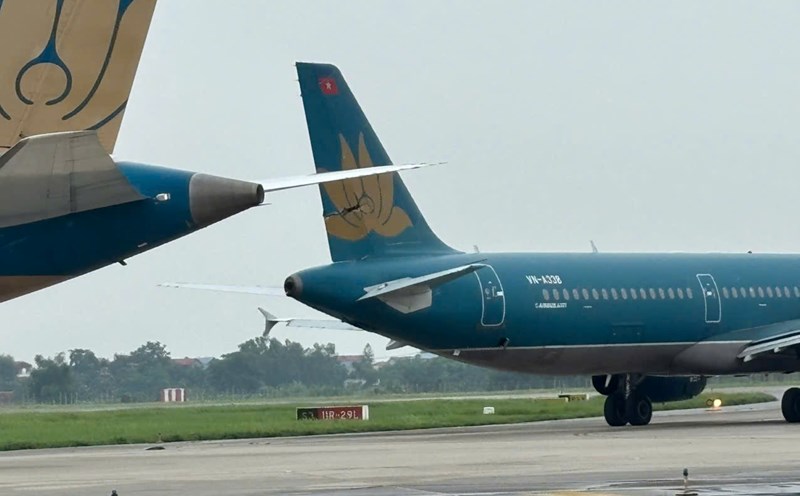In many cities in India, including the capital New Delhi, protests against uncontrolled tuition increases in private schools are being strongly supported by parents.
In New Delhi, which is said to be the focus of protests, the problem became more serious after Delhi Public School Dwarka (DPS Dwarka) was accused of keeping students in a library, hiring security guards to prevent students from entering class and chasing unpaid students.
Public schools operate across India. However, due to uneven quality, many low-income families also choose to send their children to private schools to have better opportunities.
Divya Mattey, the parent of a student at DPS Dwarka, said his son's tuition fee was 93,000 rupees ($1,077) in 2020. Tuition fees then doubled to 189,096 rupees (about $2,200) for the 2025-2026 school year.
Dozens of parents have filed lawsuits against schools, accusing them of illegally sending their children to school and forcing families to pay tuition fees.
In New Delhi, according to regulations, private schools built on government- chartered land need to ask for permission from the Department of Education before increasing fees and are required to receive 25% of students in difficult or disadvantaged circumstances, which is a condition in a subsidized land lease contract.
In court, DPS Dwarka argued that schools are also struggling with many difficult problems: Inflation, high personnel costs, state compensation for students in difficult circumstances that are delayed as well as the need to upgrade facilities. The school also confirmed that it lost up to 490 million rupees (US$5.87 million) last year and was forced to increase tuition fees.
The announcement posted on the school's official website also accused "a small group of parents" of spreading "false information about the school's fee collection mechanism" with the aim of "fraud and causing panic".
A recent study by the online community LocalCircle found that more than 80% of parents with children studying at private schools in India said tuition fees have increased by more than 10% this school year. In cities such as New Delhi, Mumbai and Bengaluru, tuition increases are up to 30%.
In India, there are no general regulations for private schools. Each state has its own regulations for this issue. For example, the state of Maharashtra allows a 15% increase in tuition fees every 2 years, reviewing if 25% of parents object. The Karnataka state allows a 10% increase in tuition fees per year if there is an audited explanation.
It is reported that last year, Mira Model School in West Delhi increased tuition fees by 45% and continued to increase by 7% this year.











